Publications
Articles, publications, books, tools and multimedia features from the U.S. Institute of Peace provide the latest news, analysis, research findings, practitioner guides and reports, all related to the conflict zones and issues that are at the center of the Institute’s work to prevent and reduce violent conflict.
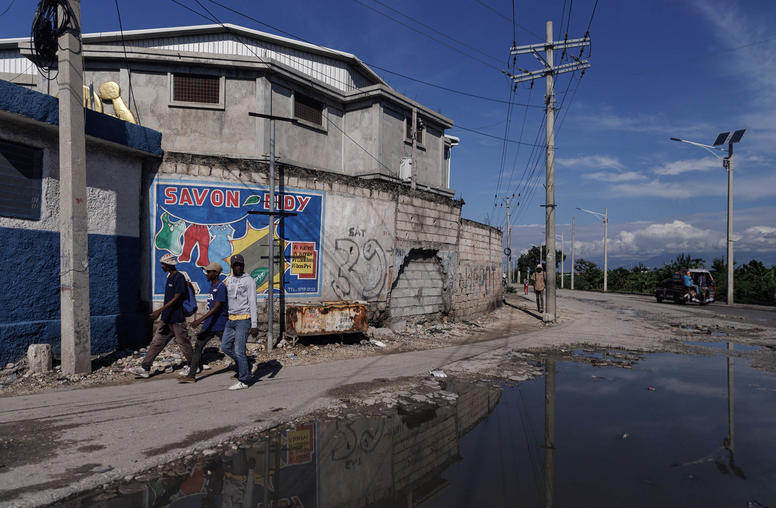
Have Haitians Finally Found the Formula for Moving Forward?
The headlines from Haiti have been so bad for so long that few get the world’s attention anymore. It seems like nearly every day there are stories of dozens being killed in the country’s capital or of the U.S. Coast Guard stopping hundreds of Haitian migrants from reaching U.S. shores. Then there are the more ominous headlines that say war or even a Rwanda-style massacre are approaching amid the countries “nightmarish conditions.” But at the end of last year, an underreported development could help put the country on a new path, injecting a glimmer of hope despite much pessimism.
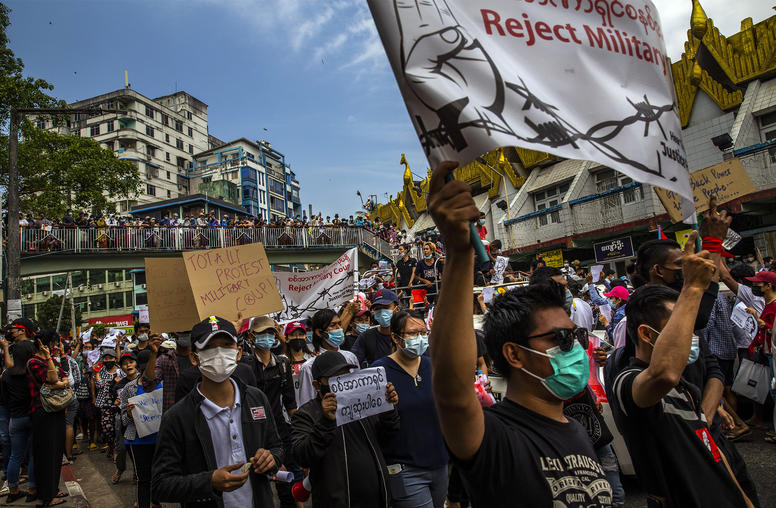
Support for Myanmar’s Junta Only Prolongs the Country’s Conflict
Myanmar’s coup regime, whose principal strategy for dealing with the country’s resistance movement is blunt, unrelenting brutality, benefits from three misconceptions prevalent in the international community: First, that consolidation of the military’s power is essentially inevitable; second, that absence of the generals’ regime would lead to a power vacuum and failed state; and third, that long-term military control is preferable to the status quo and would lead to stability.
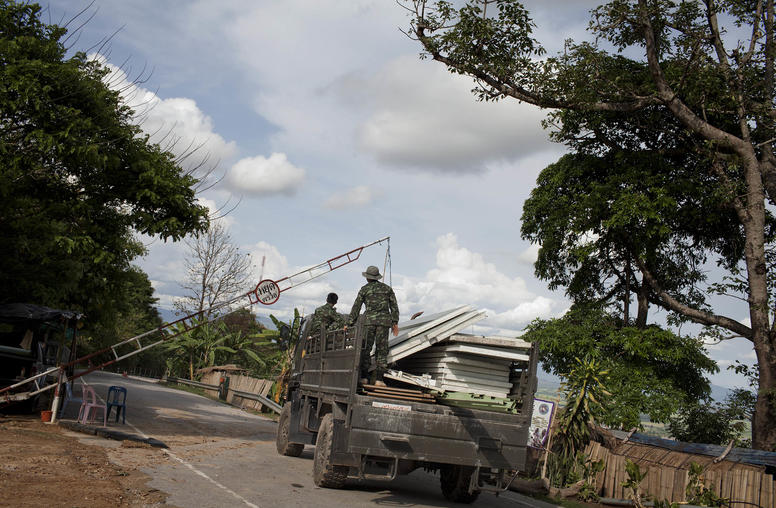
A Criminal Cancer Spreads in Southeast Asia
In the fractured authority surrounding crime-group controlled enclaves on the Moei River separating Thailand and Myanmar, this is what a crackdown on armed gangsters looks like: China presses Myanmar’s military junta — a sometimes client of Beijing — to make Thailand cut electric power to a large gambling and fraud hub run by Chinese crime syndicates across the river in Myanmar. The military-supervised Border Guard Force in the area, a partner of the syndicates, responds with threats to shut down cross-border trade. Then, giant generators appear in the enclave, deployed by the border guards and the gangs. The army, without explanation, does nothing. Individual commanders, if not the army itself, are believed to profit from the criminal activity. Business as usual continues.
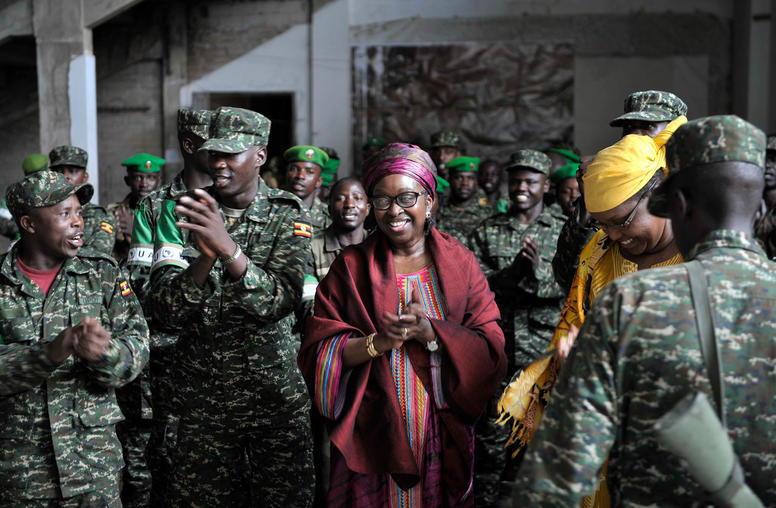
How to Meaningfully Address Men in the Women, Peace and Security Agenda
In the years since U.N. Security Council Resolution (UNSCR) 1325 and the resulting Women, Peace and Security (WPS) agenda called for a gender perspective on peace and security, efforts have historically only addressed women and girls. However, feminist and women’s peace organizations have long recognized that for engagement on this issue to be meaningful, it cannot treat gender as a synonym for women.
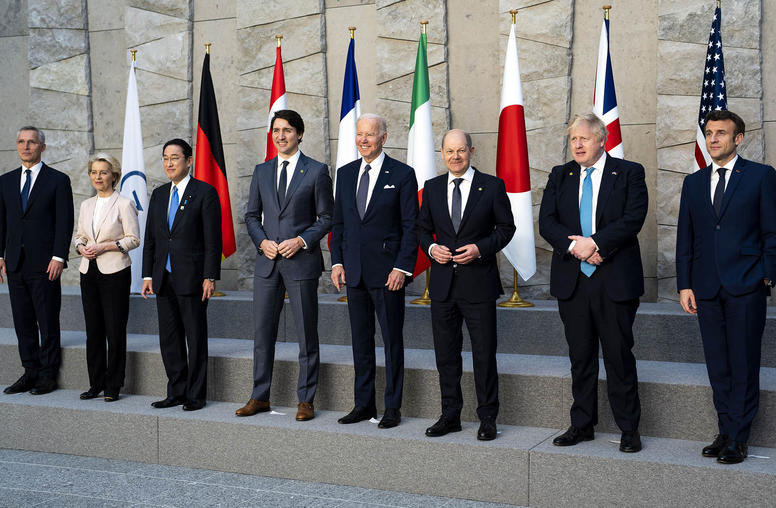
The ‘Russia Factor’ in NATO-Japan Relations
Russia’s illegal and unprovoked aggression against Ukraine has changed Japan’s assessment of Russia, as well as Tokyo’s policy toward Moscow. In doing so, it has also brought NATO and Japan closer together in their views of Russia and led to broader NATO-Japan engagement. Whereas Russia was once a complicating factor in the NATO-Japan relationship, it is now a factor promoting relations.
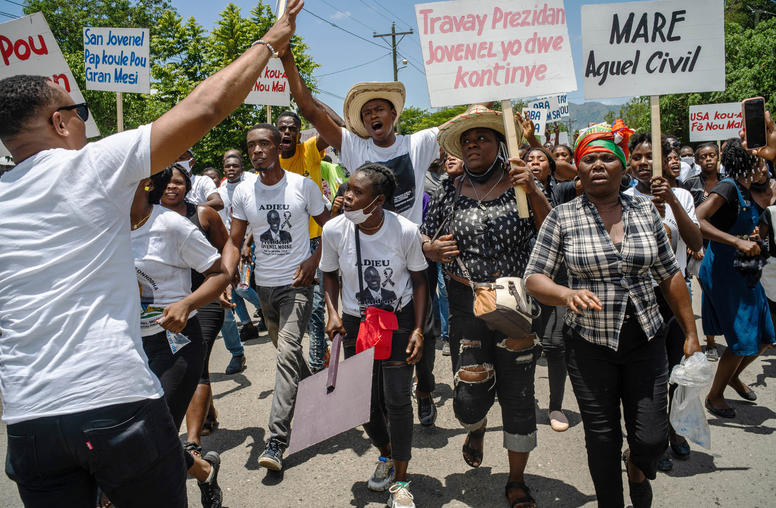
There is a Path Forward in Haiti — But It’s Not the One We Are On
There are few international crises where the tension between international assistance and locally led solutions is in greater conflict than Haiti. Failure to get that balance right goes a long way toward explaining the failure to solve the crisis for the two long years since the assassination of Haiti’s president. The country has a long list of needs, including on pressing, immediate issues like food security, health care, rampant gang violence and education. Ultimately, Haiti needs a credible and transparent election to reset its political system. But the functioning transitional government it requires is something that can best be achieved through an assertive political process that blends outside assistance with independent local actors, bringing together all key stakeholders under international facilitation.
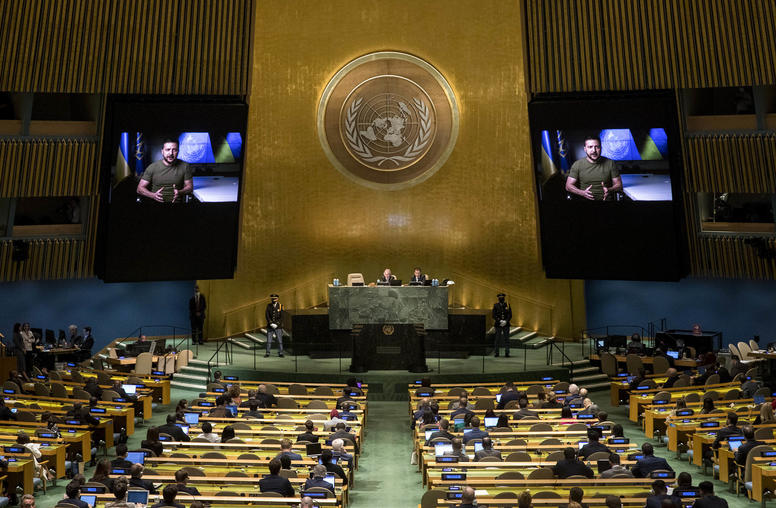
Security Council Gridlock Isn’t the End of the Diplomacy — It’s the Start
Gridlock at the U.N. Security Council draws headlines, but it never truly grinds diplomatic and humanitarian work to a halt. Instead, concerned parties approach the threat of the veto as the beginning of diplomatic creativity. They deploy procedural, negotiated and informal tools at the U.N. General Assembly, in the Security Council and via the U.N. Secretariat when faced with explicit obstruction from the five permanent members of the Security Council, seeking out alternative pathways for action when a permanent member blocks multilateral conflict resolution, humanitarian assistance or decision making.
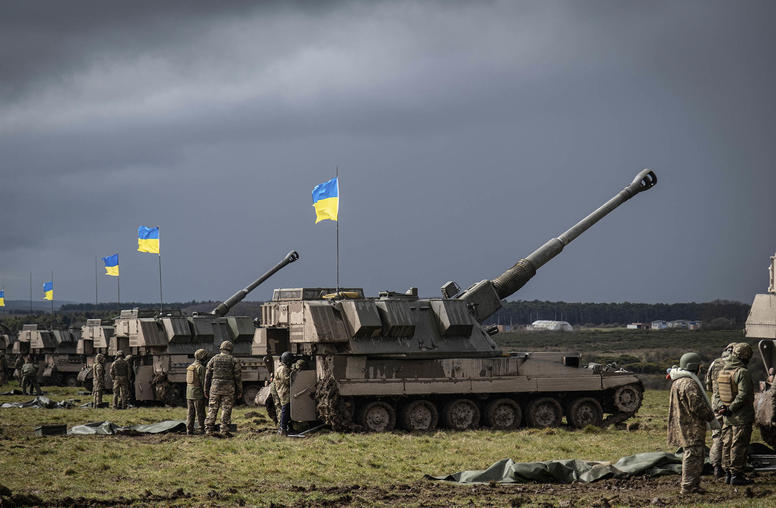
New Zealand Draws Closer to NATO with a Wary Eye
Until recently, if New Zealanders thought about their country’s links to NATO, it was likely the two-decade long deployment to Afghanistan that came to mind. But if there might have been some sense those ties lay in the past, Russia’s brutal invasion of Ukraine in February 2022 has brought them squarely back to public attention. New Zealand’s links as a non-member partner of NATO have been central to its response to the war, including channeling aid to Kyiv. Last June, Jacinda Ardern became the first New Zealand prime minister to attend a NATO summit, joining three other leaders from Australia, Japan and South Korea as NATO’s four Indo-Pacific partners (IP4).
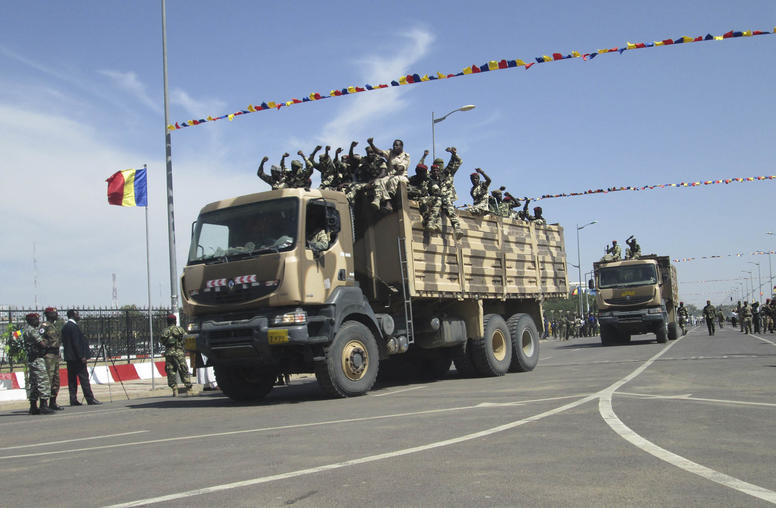
Chad’s Political Transition Might Be Its Last Shot for Democracy and Peace
The state of Chad’s political transition is not reassuring. Despite some signs of progress during the National Inclusive and Sovereign Dialogue (DNIS) last October, security forces engaged in violent crackdowns of protests shortly afterward — killing dozens of civilians. Meanwhile, now-President Mahamat Idriss Déby has moved to consolidate power ahead of elections planned for October 2024, leaving opposition and civic groups worried that Déby may not turn power over to a civilian government.
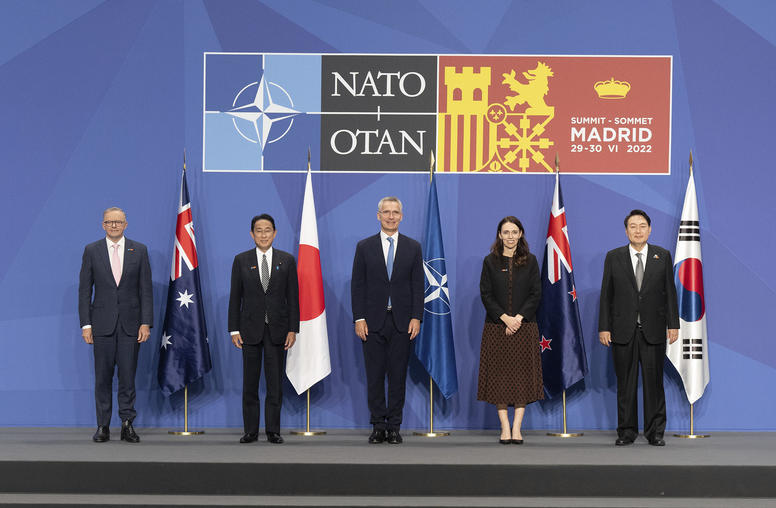
What’s Behind NATO’s Tightening Ties with its Indo-Pacific Partners?
NATO’s summit in Madrid, Spain, in June 2022 marked the first time the four leaders of NATO’s Indo-Pacific partner countries — Australia, Japan, New Zealand and the Republic of Korea (ROK) — joined NATO counterparts for a meeting at the heads of state and government level. July 2023, at the NATO summit in Vilnius, Lithuania, will mark the second. The high level of media attention paid to the attendance in Madrid of the Indo-Pacific partners, known informally as the Indo-Pacific Four or IP4, is likely to be repeated in Vilnius. Beyond this, what should Indo-Pacific watchers expect from the Vilnius Summit in terms of NATO-IP4 developments?